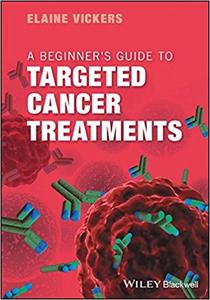Fundamentals of Radiation Oncology: Physical, Biological, and Clinical Aspects 3rd Edition
Fundamentals of Radiation Oncology: Physical, Biological, and Clinical Aspects, Third Edition continues to provide current, concise, and a readily available source of clinical information for busy practicing radiation oncologists.
The book consists of 26 chapters, divided into four parts:
Part I describes the basic science of radiation oncology, with discussions of radiation physics, radiation protection, and radiation biology, as well as molecular biology.
Part II describes techniques and modalities of radiation oncology including brachytherapy, intensity-modulated radiation therapy (IMRT), stereotactic radiotherapy (SRS), stereotactic body radiation therapy (SBRT), and proton therapy. Significant recent advances made in the areas of immunotherapy and combined modality therapy; as such, these chapters have also been added to this new edition.
Part III describes the clinical science of radiation oncology including risk factors, symptoms/signs, and investigations needed for the cancer diagnosis and up-to-date treatment recommendations in accordance with the new AJCC staging system. In addition, radiation treatment techniques, with an emphasis on IMRT, have been expanded to all the chapters. Also included in this version of the book is a chapter on benign diseases. Updated annotated bibliographies of latest landmark studies providing evidence-based rationale for the recommended treatments are presented at the end of each chapter.
Part IV describes palliative radiation treatments to improve the quality of life for cancer patients and the management of side effects from radiation treatment.
This book is a must-have for all radiation oncology residents, radiation oncologists and all professionals engaged in the care of cancer patients.
- New chapters on brachytherapy, IMRT/IGRT, SRS, SBRT, proton therapy, immunotherapy, combined modality therapy, and benign diseases
- Eighth edition of the AJCC staging system
- IMRT techniques for all common cancer sites, along with up-to-date treatment recommendations
- Relevant, landmark studies that provide evidence-based rationale for recommended treatments

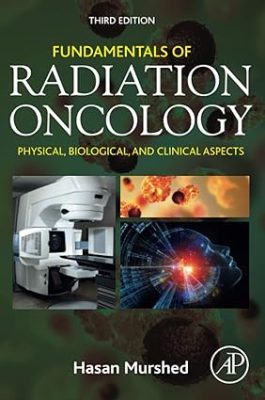

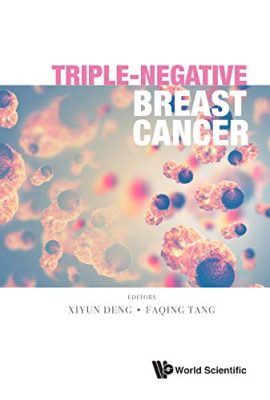
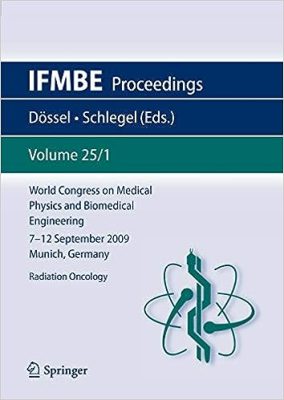
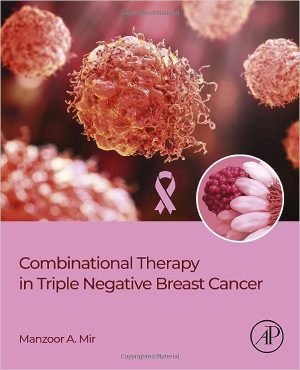
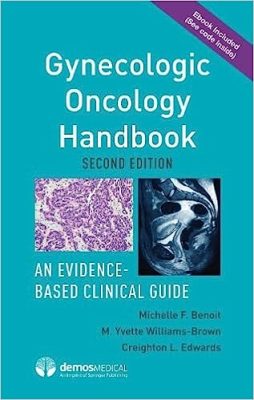
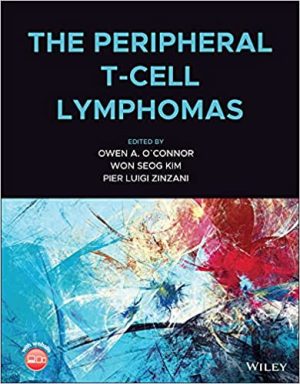
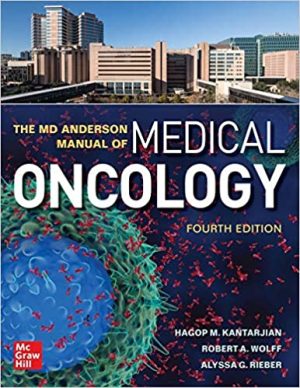
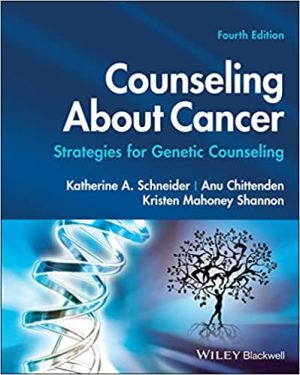 Counseling About Cancer
Counseling About Cancer